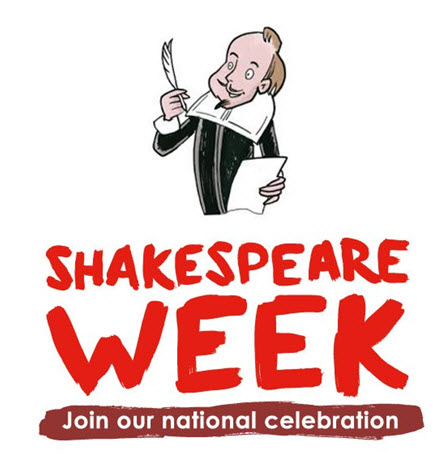Welcome to Queen Elizabeth 2 Class

Welcome all Year 6 parents and pupils.
Class Teacher: Miss Blackford
Teaching assistants: Mrs Jackson & Mr Cellmer
Recommended reading books for Year 6:
Best Books for Year 6 | Ages 10-11 Recommended Reads | BooksForTopics
Expertly selected books for 9 and 10 year old children (lovereading4kids.co.uk)
Expertly selected books for 11, 12 and 13 year old children (lovereading4kids.co.uk)
What are we learning this week?
English –
We shall be moving over to a new 10-day cycle approach to the teaching of English in Year 6. The outline is as follows:
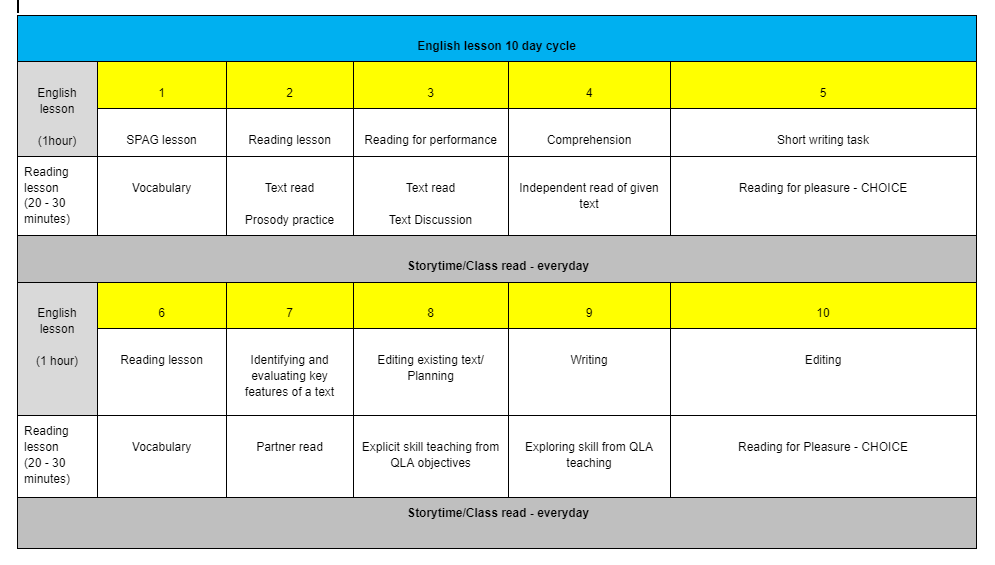
In our English lessons, we shall still be using a range of different adaptations to understand the story of Macbeth. In our daily Reading lessons, we shall use supplementary texts. This weeks supplementary texts will be a mixture of Shakespeare’s sonnets and non-fiction texts about: the Tudors, the theatre, newspaper reports about Shakespeare and Shakespeare – himself.
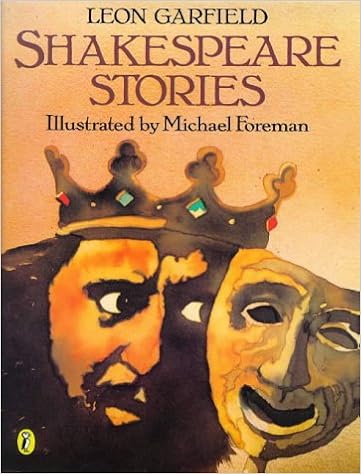

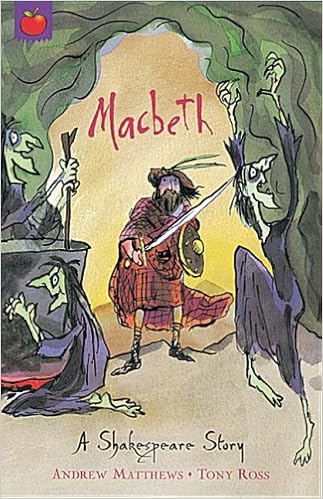
Our English lesson learning objectives this week are:
- To explore a character’s thoughts and motives.
- To identify and evaluate the key features of a play script.
- To up-level a playscript.
- To plan a playscript.
- To write a play script.
- To edit and up-level my writing.
What is our class reading book?
Since we are studying the Shakespeare classic Macbeth, we have decided to read from a collection of Shakespeare short stories, by Andrew Matthews. Each week, the children in Year 6 vote for which two of the Shakespeare short stories that they would like to listen to. Afterwards, we shall be looking to identifying similarities and differences across the collection.
Maths –
- To describe the relationship between two factors (in a ratio context)
- To explain how to use multiplication and division to calculate unknown values (two variables)
- To use multiplication and division to calculate unknown values (three variables)
- To use a ratio grid to calculate unknown values
- To use multiplication to solve correspondence problems
Science –
Continuing with our unit, Living Things and their Habitats, we shall be looking at Classifying Plants and Classifying Micro-organisms.
RE –
It’s RE week, this week. We shall be learning about Holy Week.
RHE –
This term’s unit is called Healthy Me. Our learning objective this week are:
- To understand that some people can be exploited and made to do things that are against the law.
PE –
- To gain possession through tackling.
- Real PE – dynamic balance to agility.
What are we learning this week?
English –
We shall be moving over to a new 10-day cycle approach to the teaching of English in Year 6. The outline is as follows:

In our English lessons, we shall still be using a range of different adaptations to understand the story of Macbeth. In our daily Reading lessons, we shall use supplementary texts. This weeks supplementary texts will be a mixture of Shakespeare’s sonnets and non-fiction texts about: the Tudors, the theatre, newspaper reports about Shakespeare and Shakespeare – himself.



Our English lesson learning objectives this week are:
- To use formal and informal language accurately and appropriately.
- To engage in Book Talk.
- To perform a scene using different interpretations.
- To create a character profile.
- To write an informal letter.
What is our class reading book?
Since we are studying the Shakespeare classic Macbeth, we have decided to read from a collection of Shakespeare short stories, by Andrew Matthews. Each week, the children in Year 6 vote for which two of the Shakespeare short stories that they would like to listen to. Afterwards, we shall be looking to identifying similarities and differences across the collection.
Maths –
- To use fractions, angles, percentages and understanding proportional relationships
- To draw attention to the central angle and the area of the ‘slice’ being important compared to the whole
- To construct pie charts, relate the central angle of each slice back to 360°. For example, an angle of 90° is 1⁄4 of the circle because 90⁄360=1⁄4.
- To know that the size of the circle can be different but still represent the same data.
- To be able to read scales/number lines with labelled intervals
- To draw and interpret Line graphs used to represent continuous data; time, length, etc. and to show conversion rates (e.g. kilometres to miles
Science –
Continuing with our unit, Living Things and their Habitats, we shall be researching the scientist Carl Linnaeus and evaluating his contributions to Science.
RE –
It’s RE week, this week. We shall be learning about the Jewish festival, Passover.
RHE –
This term’s unit is called Healthy Me. Our learning objective this week are:
- To understand that some people can be exploited and made to do things that are against the law.
PE –
- To gain possession through tackling.
- Real PE – dynamic balance to agility.
Shakespeare’s language can cast a light on the complexity of human emotions and is a wonderful way to explore and understand our own and others’ feelings. Shakespeare Week is a national annual celebration giving primary school aged children opportunities for enriching and enjoyable early experiences of Shakespeare. It is one of the pathways to Shakespeare provided by the Shakespeare Birthplace Trust for people of all ages and stages of interest.
What are we learning this week?
English –
Linking in with the celebration of National Shakespeare week, in our new unit, we shall be using a range of different adaptations to understand the story of Macbeth.



Our learning objectives this week:
- L.O. To understand characters and relationships
- L.O. To retell key events using a story map
- L.O. To explore key events using artwork.
- L.O. To write a setting description.
- L.O. To create a character profile.
What is our class reading book?
Since we are studying the Shakespeare classic Macbeth, we have decided to read from a collection of Shakespeare short stories, by Andrew Matthews. Each week, the children in Year 6 vote for which two of the Shakespeare short stories that they would like to listen to. Afterwards, we shall be looking to identifying similarities and differences across the collection.
Maths –
- To use their knowledge of fraction-decimal-percentage conversions to solve conversion problems in a range of contexts
- To use their knowledge of calculating 50%, 10% and 1% of a number to solve problems in a range of contexts
- To use their knowledge of calculating common percentages of a number to solve problems in a range of contexts
- To use their knowledge of calculating any percentage of a number to solve problems in a range of contexts
- To solve problems where the percentage part and the size of the part is known and the whole is unknown
- To solve problems where the known percentage part and the size of the part changes the whole
Science –
We shall be starting our new unit this week, which is called Living things and their habitats. This week, our learning objective is:
- To classify animals.
DT –
It’s DT week, this week. Our learning objectives are:
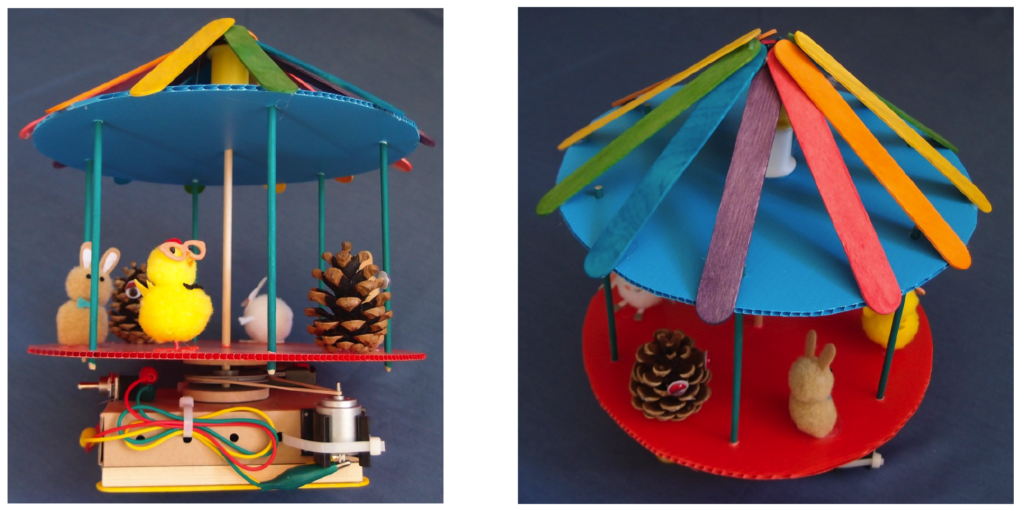
- To adapt my design to be functional and appealing to my target audience.
- To evaluate my design against our success criteria.
RHE –
This term’s unit is called Healthy Me. Our learning objective this week are:
- To understand that some people can be exploited and made to do things that are against the law.
PE –
- To gain possession through tackling.
- Real PE – dynamic balance to agility.
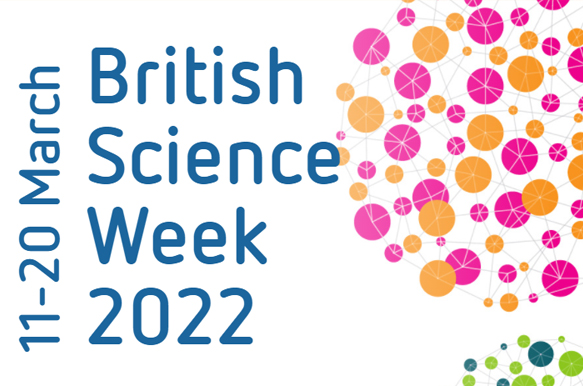
British Science Week is a ten-day celebration of science, technology, engineering and maths that will place between 11-20 March 2022!
Throughout the afternoon, we will be carrying out STEM investigations. The theme this year is growth.
What are we learning this week?
Maths –
- To continue to solve problems with two unknowns in a range of contexts
- To continue to systematically solve problems with two unknowns using ‘trial and improvement’ (one and several solutions)
- To continue to explain how they know they have found all possible solutions to problems with two unknowns
- To continue to explain how to balance an equation with two unknowns
- To explain how addition and subtraction can help to solve multiplication problems efficiently
English – This week, we shall be aiming to finish our core text – Rooftoppers, by Katherine Rundell. Our learning objectives this week arE:
- To ask questions to improve my understanding.
- To explore new vocabulary.
- To engage in Book Talk.
- To plan and write a chapter from an alternative perspective.
- To edit and up-level my writing.
Science –
Our outline for the week:
|
Daily Science Question |
Lesson | Activity |
Details |
|
INTRO ASSEMBLY. Introduce competition too. |
Lesson 1 – Monday | Investigating |
Whole School Scaffolded Investigative Task Afternoon |
|
Why did the pine cone close when left in water? |
Lesson 2 | Researching |
Learn about key STEM figure – Charles Richard Drew |
|
Which type of container traps the most heat? |
Lesson 3 | Exploring |
Experiment / investigation linked to key figure and their contribution to STEM (making blood). |
|
Will the dye in the water change the colour of the flowers? |
Lesson 4 | Creating |
Creative artistic output demonstrating learning e.g. film / website / graphic biography/ poster / design a display |
|
What happens when a mento is dropped into Cola? |
Friday Afternoon | Sharing |
Classes to share learning in the whole school assembly. |
Our scientist:

RHE –
This term’s unit is called Healthy Me. Our learning objectives this week are:
- To know about different types of drugs and their uses and their effects on the body.
- To understand that some people can be exploited and made to do things that are against the law.
[dropshadowbox align=”none” effect=”lifted-both” width=”auto” height=”” background_color=”#dbf6f4″ border_width=”10″ border_color=”#608638″ ]
British Science Week

British Science Week is a ten-day celebration of science, technology, engineering and maths that will place between 11-20 March 2022! The theme for 2022 is growth.
On Monday the whole school will take part in a spaghetti bridge building competition.

Throughtout the rest of the week, each year group will be carrying out an investigative task based on a key STEM figure.
Reception – Mary Anning
Year 1 – Mae Jemison
Year 2 – Elijah McCoy
Year 3 – Ann Moore
Year 4 – Maryam Mirzakhani
Year 5 – Wang Zhenyi
Year 6 – Charles Richard Drew
[/dropshadowbox]

What are we learning this week?
Maths –
- To use diagrams to explain how to solve a spatial problem
- To explain how to represent an equation with a bar model
- To solve problems with two unknowns in a range of contexts
- To systematically solve problems with two unknowns using ‘trial and improvement’ (one and several solutions)
- To explain how they know they have found all possible solutions to problems with two unknowns
- To explain how to balance an equation with two unknown
English –
This term, our English lessons have been centred around the text Rooftoppers, by Katherine Rundell. This week, our learning objectives are:
- To explore new vocabulary.
- To visualise and annotate a scene.
- To write in role.
- To ask questions to improve understanding.
- To retell key events using a story map.
Science –
- To be able to describe the ways in which nutrients and water are transported within animals, including humans.
- To understand the effects of smoking, alcohol and drugs on the
human body.
D.T. ( 2 week unit)
- To research and design a fairground ride.
- To construct the base and top of the fairground
- To use gears, drive belts and pulleys to construct a fairground
- To use motors, switches and circuits to construct a working fairground
- To evaluate their construction and suggest improvements

This week, we shall be celebrating World Book Day on Thursday 3rd March. Children are welcome to dress up as their favourite book character on the day.
If you would like to donate any books to school, please drop them off at one of the drop points on Dering Place on Friday 4th March.
What are we learning this week?
Maths –
- To compare the structure of problems with one or two unknowns
- To be able to represent a problem with two unknowns using a bar model
- To be able to explain why sometimes there is only one solution to a sum and difference problem
- To find and explain the values a part-whole model could represent
- To use a bar model to visualise how to solve a problem with two unknowns
English –
This term, our English lessons have been centred around the text Rooftoppers, by Katherine Rundell. This week, our learning objectives are:
- L.O. I can write a travel guide.
- L.O. I can edit and up-level my writing.
- L.O. I can present my final draft.
- L.O. I can visualize and annotate a scene.
Science –
- To be able to describe the ways in which nutrients and water are transported within animals, including humans.
D.T. ( 2 week unit)
- To research and design a fairground ride.
- To construct the base and top of the fairground
- To use gears, drive belts and pulleys to construct a fairground
- To use motors, switches and circuits to construct a working fairground
- To evaluate their construction and suggest improvements

Don’t forget, next week we shall be celebrating World Book Day on Thursday 3rd March. Children are welcome to dress up as their favourite book character on the day.
What are we learning this week?
Maths –
- To use accurately the method of long division with and without remainders (three-digit by two-digit, four-digit by two-digit numbers)
- To use long division with decimal remainders (1 decimal place)
- To use long division with fraction remainders
- To use long division with decimal remainders (2 decimal places)
- To the best way to interpret and represent remainders from a range of division contexts
English –
This term, our English lessons have been centred around the text Rooftoppers, by Katherine Rundell. This week, our learning objectives are:
- To plan a travel guide.
- To write a travel guide.
Science –
- To be able to describe the ways in which nutrients and water are transported within animals, including humans.
Computing –

To design and create a promotional video based on Japan

This week, we are celebrating Children’s Mental Health Week and we will also be raising awareness for Safer Internet Day.
What are we learning this week?
Maths –
- To explain the relationship between the mean and sharing equally
- To calculate the mean of a set of data
- To explain how the mean changes when the total quantity or number of values changes
- To calculate the mean when one of the values in the data set is zero or missing
- To use the mean to make comparisons between two sets of information
- To explain when the mean is not an appropriate representation of a set of data
English –
This term, our English lessons have been centred around the text Rooftoppers, by Katherine Rundell. This week, our learning objectives are:
- To edit and up-level my newspaper report.
- To identify the key features of a travel guide
- To up-level an existing travel guide.
- To plan a travel guide.
Science –
- To be able to identify and name the main parts of the human circulatory system, and explain the functions of the heart, blood vessels
and blood. - To be able to plan pattern-seeking enquiry.
- To be able to report causal relationships.
- To be able to record results using a line graph.
RE –
Our key questions that we will be investigating are:
- ´What is the Dharma?
- ´What are the Four Noble Truths?
- ´What is the Eightfold Noble Path, why is it important to Buddhists?
- ´What are the 5 precepts and how are they important for a Buddhist lifestyle?
- ´What is Karma?
Music –
- To listen to music and describe its effects and use of musical dimensions
- To create a musical background to accompany a poem
What are we learning this week?
Maths –
- To explain why shapes can have the same areas but different perimeters
- To describe the relationship between scale factors and side lengths of two shapes
- To describe the relationship between scale factors and perimeters of two shapes
- To describe positions on the full coordinate grid (all four quadrants)
- To draw and translate simple shapes on the coordinate plane and reflect them in the axes
English –
- To write a newspaper report.
- To edit and up-level my writing.
We shall also be continuing our class read, The Nowhere Emporium, by Ross Mackenzie. We shall be completing comprehension and writing based activities based on the book and the chapters that we read.

Science –
- To be able to identify and name the main parts of the human circulatory system, and explain the functions of the heart, blood vessels
and blood. - To be able to plan pattern-seeking enquiry.
- To be able to report causal relationships.
- To be able to record results using a line graph.
PE –
This week, QE2 will have PE on Thursday and Tower will have their lesson on Friday.

